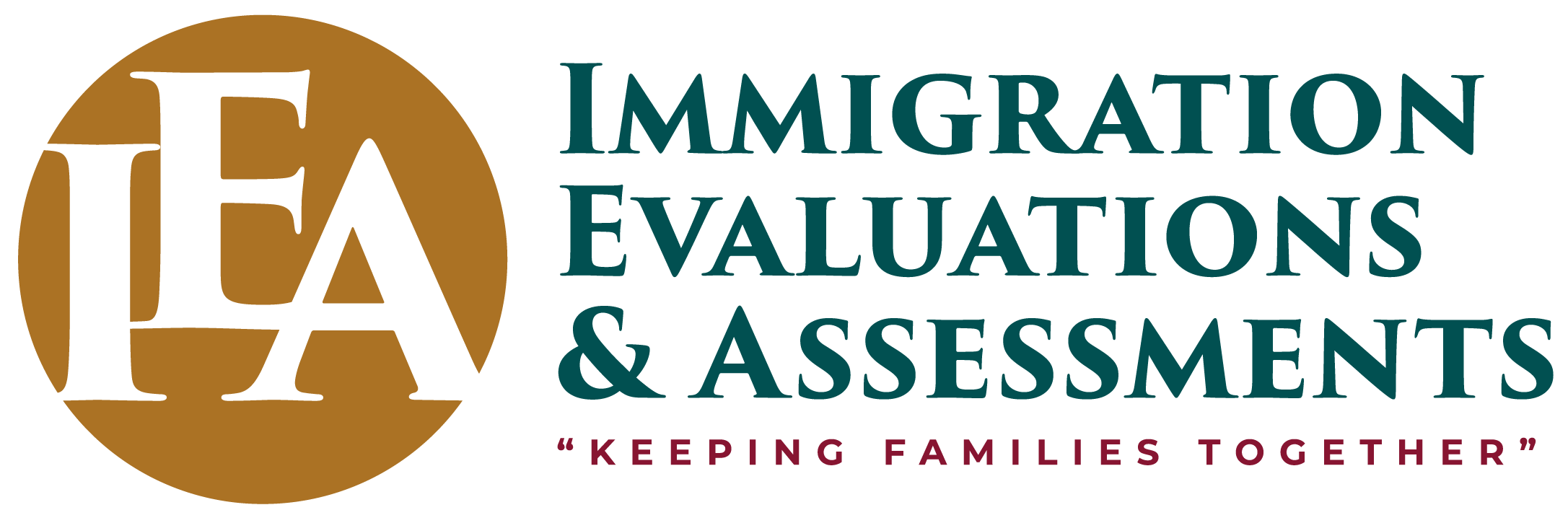Have you been denied a green card or visa due to inadmissibility?
Have you been denied a green card due to inadmissibility? Is your immigration status a source of stress for you and your loved ones?

Are you struggling with one of the following?
If you or a loved one would experience extreme hardship if you aren’t admitted to the United States, you may qualify for a waiver of grounds of inadmissibility (i-601 waiver). For this waiver, extreme hardship is a negative experience above and beyond what your qualified relative would typically experience in your absence. Missing each other and citing strong family ties is not enough – you need to prove that there is a more severe problem at play.
Your application for a waiver may be approved if you can show that your relative will experience extreme hardship in the US if you face deportation or that following you to your home country would cause them harm. Unfortunately, the law does not consider hardship faced by the immigrant, only those faced by US resident relatives.
You can make the case that your relative would experience extreme hardship in both potential situations. But if only one condition would cause extreme hardship, be prepared to prove that that is the one you and your U.S. relative would choose.
A Qualifying Relative
For an extreme hardship waiver, a qualifying relative must be a US citizen or permanent resident and your spouse, parent, or fiance.

Qualifying Reasons for Extreme Hardship Waivers
What do I Need to Include in My Application for Extreme Hardship?
- Personal statements include a letter from your relative discussing the hardship they will experience, a statement from you discussing the case, and statements from any other friends or family members that can support your claim for a hardship waiver.
- Country reports from the U.S. Department of State or other human rights organizations, discussing the conditions in your home country that will lead to extreme hardship.
- Letters or reports from medical professionals detailing the emotional or physical conditions leading to extreme hardship
- Copies of pertinent tax records, debts, or educational credentials affecting the hardship.
- News articles that discuss conditions in your home country that will lead to hardship.
Reasons For Denial of Extreme Hardship Waivers
Proving extreme hardship for an i-601 waiver is difficult, but there are many common reasons for denial you can avoid.
- Failure to submit required documents. Applicants must prove that the family and/or marriage relationship is genuine and that their qualified family member would suffer extreme hardship. Many applicants will prove one of these requirements but not the other.
- Failure to submit the appropriate waiver application. There are many different types of waiver applications available. An immigration lawyer can guide you in choosing the appropriate one.
- Failure to understand the waiver application process. The waiver application process is complicated and involves communications with three or more agencies under the U.S. Department of Homeland Security. Having the right professionals working on your case is so important.
- Missing appointments and deadlines. An experienced immigration attorney will help you avoid missing essential notices and/or deadlines – and help you extend certain deadlines. Our providers understand the tight deadlines for waiver applications and work to finish your report as soon as possible.
- Failing to prove extreme hardship. Unfortunately, the government’s definition of extreme hardship is unclear. A psychological evaluation can help establish the extreme hardship your loved ones would face if you aren’t allowed to stay in the US.
- Being inconsistent with what is on your application and what you say during the interview with an adjudicator.
Psychological Evaluations Can Strengthen Your Case
Reports from medical professionals that detail the emotional hardship you and your qualifying relative would face if you were forced to return to your home country are a vital part of your immigration case. Since these applications are evaluated on a case-by-case basis, there is no extreme hardship standard. Hence, having a professional working on your case that understands the Immigration and Nationality Act and has experience constructing adequate supporting documentation is essential.
Our providers complete psychological evaluations to determine how separation from your loved one would affect your mental health as well as theirs. Facing family separation due to immigration laws is stressful and overwhelming. We look at your situation individually and take into account the totality of the circumstances. When your case appears before immigration court you will have the best supporting documentation possible.
Let Us Help You Make The Extreme Hardship Waiver Process Easier And Less Intimidating
Immigrating to the US is overwhelming thanks to complicated immigration laws and the stress of building a new life. That’s why we’re here. We offer a safe space to share your hardships and walk through the evaluation process with a kind, compassionate provider. To get started, schedule a FREE consultation with one of our providers to see if an immigration evaluation is suitable for your immigration case.
At the moment, due to COVID-19, all our immigration evaluation sessions are held online or via phone. We look forward to hearing from you!



